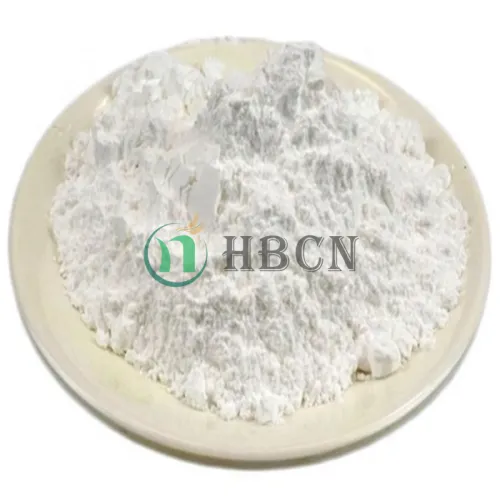
Jul . 15, 2024 16:26 Back to list
Wholesale Imidacloprid 35% SC Available at Competitive Prices for Purchase
Imidacloprid 35% SC is a widely used insecticide in agriculture and horticulture. It belongs to a class of chemicals called neonicotinoids, which are highly effective at controlling a wide range of insect pests. Imidacloprid works by disrupting the nervous system of insects, leading to paralysis and ultimately death.
.
In addition, imidacloprid 35% SC has a long residual activity, which means that it remains effective for an extended period of time. This reduces the need for frequent re-applications, saving time and labor costs for farmers. Its broad-spectrum activity also makes it a versatile tool for managing a variety of pests, including aphids, thrips, whiteflies, and beetles.
wholesale imidacloprid 35% sc

Wholesale imidacloprid 35% SC is available in bulk quantities, making it a cost-effective solution for commercial growers and pest control operators. By purchasing in bulk, customers can take advantage of discounted prices and ensure that they have an ample supply of insecticide on hand when needed. It is important to follow the manufacturer's recommendations for application rates and safety precautions to maximize the effectiveness of the product and minimize any potential risks to human health and the environment.
When using imidacloprid 35% SC, it is important to consider the potential impact on non-target organisms, such as bees and other beneficial insects. Neonicotinoids have been implicated in the decline of pollinator populations, leading to restrictions on their use in some regions. To minimize the risk to bees, it is recommended to avoid applying imidacloprid when plants are in bloom and to use integrated pest management practices to reduce reliance on chemical insecticides.
In conclusion, imidacloprid 35% SC is a valuable tool for managing insect pests in agriculture and horticulture. Its systemic mode of action, long residual activity, and broad-spectrum effectiveness make it a popular choice for controlling a wide range of pests. By purchasing wholesale imidacloprid, customers can save money and ensure that they have a reliable supply of insecticide for their pest control needs. However, it is important to use this product responsibly and consider its potential impacts on the environment to promote sustainable pest management practices.
-
Azoxystrobin: Broad-Spectrum Fungicide Solutions
NewsAug.11,2025
-
Best EPA Boscalid: Superior Crop Fungicide for Max Yields
NewsAug.11,2025
-
Best Willowood Imidacloprid: Superior Pest Control Solutions
NewsAug.10,2025
-
Best EPA Boscalid Fungicide: Ultimate Crop Protection
NewsAug.09,2025
-
Cyprodinil Fungicide: Broad-Spectrum Crop Protection
NewsAug.08,2025
-
Tembotrione Herbicide: Advanced 8% OD for Broad Spectrum
NewsAug.07,2025
